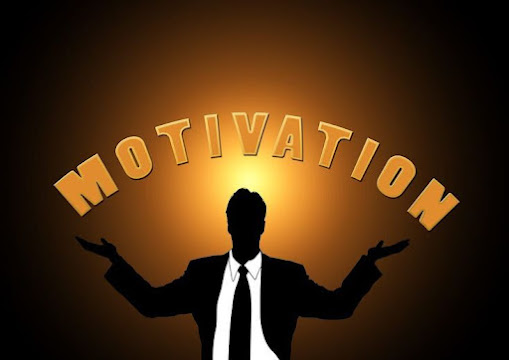Each of us wanted to understand at least once in our lives: why do some people move towards a goal despite difficulties, while others give up halfway? Why does someone get up at 5 a.m. and go to their dream, but someone can't bring themselves to take the first step?
The answer lies in one word — motivation. But what is it really? And most importantly, what is the main motivator for a person in life? What is motivation?
Motivation is an internal or external impulse that makes us act. It is the energy that triggers the movement. But everyone has their own idea. One is driven by fear, the other by ambition, the third by love or curiosity. Motivation is not just a desire to "do something." This is the deep reason why a person is ready to move forward, even when it is difficult, scary or lazy. Types of motivation: internal and external
External motivation is everything that comes from outside:
- money,
- praise,
- positions,
- likes on social media,
- punishments, and fear of loss.
It can be powerful, but it won't last. As soon as the external pressure or reward disappears, the action disappears. Intrinsic motivation is what burns inside: - interest,
- self-realization,
- desire to grow,
- values and dreams.
This is the most powerful and sustainable type of motivation. A man with an inner fire doesn't need applause—he moves because he can't help but move. What is the main motivator in life?
Hundreds of books, studies, and philosophical works have tried to answer this question. But it all boils down to one simple conclusion.: The main motivator in a person's life is meaning.
When a person has an understandable, meaningful reason for which he lives, works, studies, overcomes, he is capable of incredible things. It can be: - the desire to provide a future for children;
- the desire to create something valuable;
- An inner sense of mission;
- the love of the cause that makes him alive.
Meaning is what gives value to effort. When a person knows why, he will find how. Why do many people lose motivation?
Because they lose contact with their inner meaning. Often we: - We live by the patterns;
- setting other people's goals;
- Chasing someone else's success;
- we ignore our real desires.
Motivation fades when you don't live your own life. When you want to be "like everyone else," but you don't understand why you need it.
How can I get back or find my motivator?
Ask yourself "why?" Not "what do I want?", but "why do I need it?". Why do I wake up, work, and dream? To be honest, you'll see your motivator. Appreciate what turns you on. When do you forget about time? Where do you feel alive? This is the source of inner energy. Remove unnecessary goals Many of us are overwhelmed with "need to", "need to", "everyone does that." Real motivation comes when there are only important goals left.
Don't compare yourself. Your motivation is not like your neighbor's. She is unique. Comparison kills inspiration.
Conclusion
The main motivator in life is a sense of meaning. It's when you know why you live. When every action is not just an item on the list, but a step towards something more. It's not always easy to understand this. Sometimes the meaning gets lost. But as soon as you find it, there is energy, clarity and a desire to move. And you don't have to look for the "magic kick" anymore.



